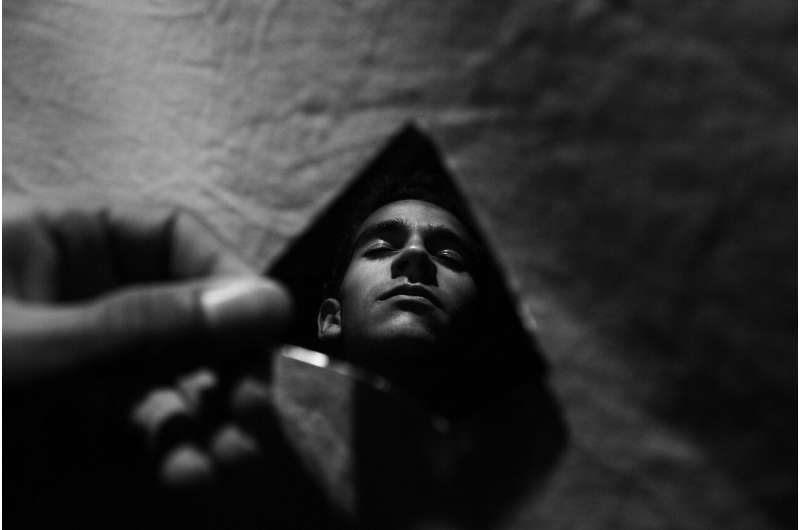
Source: Pixabay/CC0 Public Domain
Body dysmorphic disorder (BDD) remains one of the least studied mental disorders. However, new research from Swinburne University of Technology provides the most comprehensive insight yet into the visual processing problems patients experience.
BDD is a serious mental disorder in which people are convinced that they are ugly or deformed.
Leading BDD researcher, Swinburne neuropsychologist Professor Susan Rossell, has led controlled task-based tests And literary reviews published from April to June 2024 to confirm a range of visual problems in people experiencing the debilitating disorder. The work is published in Cognitive neuropsychiatry And Psychiatric examinationrespectively.
“BDD patients suffer from debilitating problems such as detecting emotions, an overreliance on detail processing, abnormal eye scanning behavior, and a tendency to overestimate attractiveness,” she says.
Professor Rossell says previous insights into BDD have been confusing for both clinicians and patients. The medical community has a poor understanding of their condition and there are currently very limited treatments. Adding this research to the literature will give clinicians a better understanding of how BDD develops and is maintained.”
Professor Rossell has also found that there are difficulties in distinguishing between BDD-associated deficits and those associated with OCD or eating disorders. She says that a coherent framework could help generate clear and consistent patterns of behaviour to guide future treatments.
“BDD is not narcissism or vanity, it is a serious mental health disorder that we estimate affects around 2% of Australians and can lead to other mental health disorders, ill-considered cosmetic surgery or even suicide.”
“We have only a nascent understanding of the disorder and there are currently limited treatment options available. Importantly, we have a significant shortage of clinical staff who can understand and treat the disorder in existing mental health services, so further research and development of tools that utilise these new findings related to visual processing is a crucial, urgent next step.”
More information:
Toni D. Pikoos et al, A hierarchy of visual processing deficits in body dysmorphic disorder: a conceptual review and empirical investigation, Cognitive neuropsychiatry (2024). DOI number: 10.1080/13546805.2024.2326243
Gemma Virgili et al, A systematic review of visual processing in body dysmorphic disorder (BDD), Psychiatric examination (2024). DOI: 10.1016/j.psychres.2024.116013
Quote: People with body dysmorphic disorder form devastating beliefs due to visual processing problems, study finds (2024, July 4) Retrieved July 4, 2024 from https://medicalxpress.com/news/2024-07-body-dysmorphic-disorder-devastating-beliefs.html
This document is subject to copyright. Except for fair dealing for private study or research, no part may be reproduced without written permission. The contents are supplied for information purposes only.
 Healthy Famz Healthy Family News essential tips for a healthy family. Explore practical advice to keep your family happy and healthy.
Healthy Famz Healthy Family News essential tips for a healthy family. Explore practical advice to keep your family happy and healthy.


